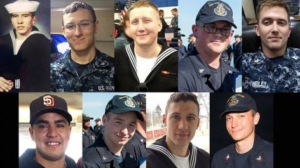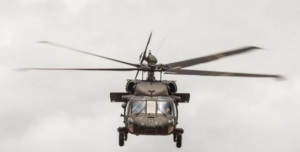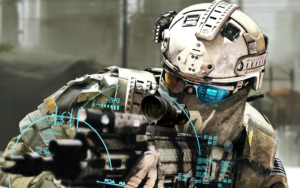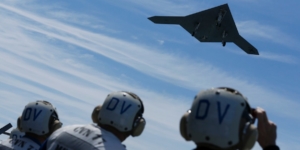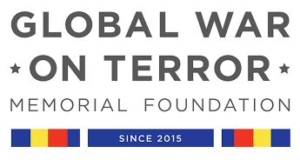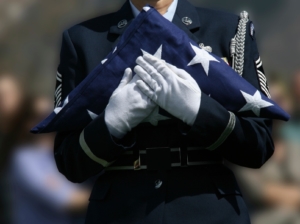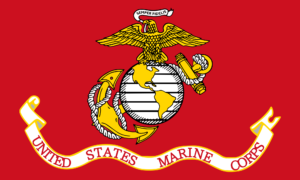U.S. Troops Hone Cold War Skills
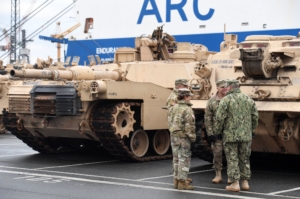
By Debbie Gregory.
In light of increasing threats from Eastern Europe, the United States Army is focused on relearning Cold War-era skills to confront potential Russian threats.
The adjustments include re-camouflaging vehicles to blend into the terrain, dispersing into smaller groups to avoid sophisticated surveillance drones and the use of netting to hide troop positions.
Senior Army commanders are rehearsing updated tactics and strategies that had been previously used to counter Soviet troops when the Berlin Wall was still standing, although the U.S. Army’s presence in Europe is a far cry from the height of the Cold War, when 300,000 soldiers were stationed there, versus 30,000 soldiers.
Russia’s hybrid warfare combines conventional military might with the ability to manipulate events using a mix of subterfuge, cyber-attacks and information warfare. The U.S. and NATO allies recently positioned some 4,500 soldiers in the three Baltic States and Poland as a deterrent to Russian aggression.
American intelligence is closely watching Russian operations in Crimea, eastern Ukraine, and Syria.
The colonels who will more than likely be the next generation of Army generals have spent the bulk of their careers battling Al Qaeda or ISIS.
Col. Clair A. Gill, a 1994 West Point graduate who commands the 10th Combat Aviation Brigade from Fort Drum, N.Y. was assigned to the 101st Airborne Division when Russia was still considered a threat. An accomplished Black Hawk helicopter pilot, Col. Gill spent most of his career battling Islamic militants. He has acknowledged that it took a while to adjust to preparing to fight more conventional battles.
Col. Gills’ West Point classmate, Col. Patrick Ellis, studied Russian to learn the language of his potential adversary. After the Sept. 11 attacks, Colonel Ellis was deployed multiple times to Afghanistan with specialized Army Ranger units.
Now Colonel Ellis commands the Second Cavalry Regiment in Europe.
“We know when we wake up every morning who the threat is,” Colonel Ellis said. “We’re very focused on the Russian threat.”
Military Connection salutes and proudly serves veterans and service members in the Army, Navy, Air Force, Marines, Coast Guard, Guard and Reserve, and their families.





